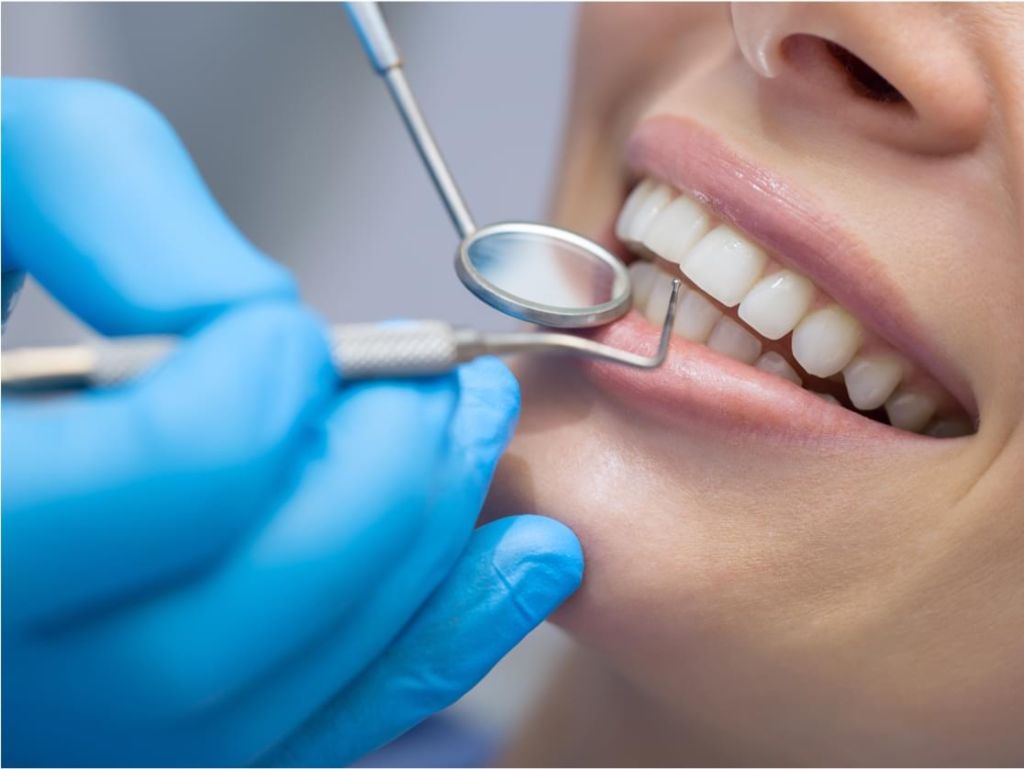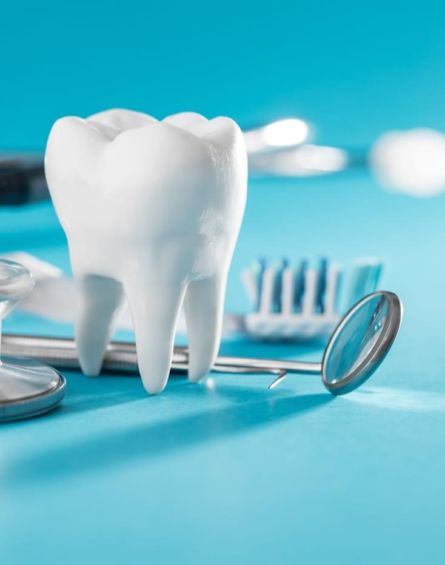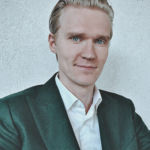Maintain a balanced diet
It is very important that your diet includes necessary minerals and vitamins. Drink plenty of water, eat whole foods, fruits and vegetables, meat, fish, beans, peas, dairy products with 2,5%–4% fat content. Your diet should include foods high in calcium, such as dark green vegetables: spinach, broccoli, brussel sprouts, asparagus, green beans, avocado etc. A variety of dairy products like cheese and yoghurt are always good, also almonds. Besides caciums, phosphorus also helps to strengthen your teeth. It can be found in eggs, fish, meat and nuts. C-vitamin, however, is important for your gums. Get it from cauliflower, paprika, tomatoes, strawberries, raw sauerkraut etc. Keep it rich and nutritious!
Limit the amount of sugars and carbohydrates.
If you love sweets, then eat them rarely, not more than once a day. Do not divide them between meals – they will damage your teeth even more. Be sure to rinse your mouth with water after eating sugars and floss as well. Also, keep your meals three hours apart.
Drink plenty of water.
Bacterial mass can gather quickly and cause caries if your mouth is dry. Drink water to keep your body hydrated and your mouth moderately wet, certainly not dry. Water helps to keep your teeth and mouth clean. Besides, it makes you feel fresh and energetic. Drink up!





















